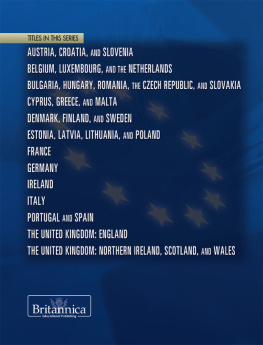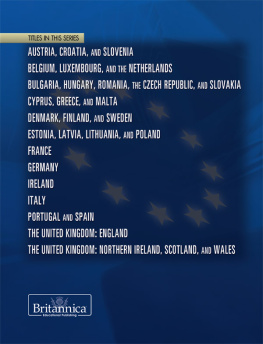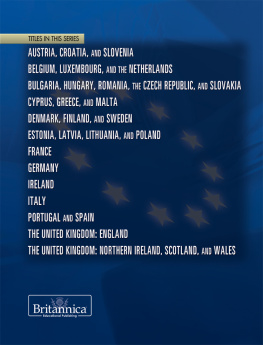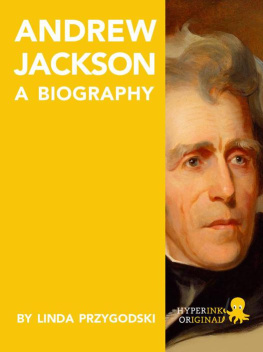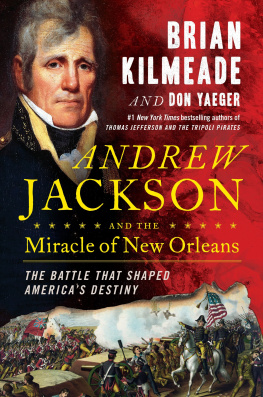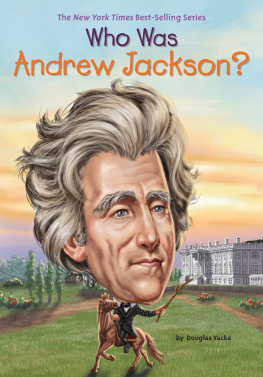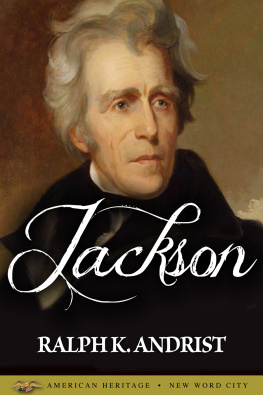

Published in 2013 by Britannica Educational Publishing
(a trademark of Encyclopdia Britannica, Inc.) in association with Rosen Educational Services, LLC
29 East 21st Street, New York, NY 10010.
Copyright 2013 Encyclopdia Britannica, Inc. Britannica, Encyclopdia Britannica, and the Thistle logo are registered trademarks of Encyclopdia Britannica, Inc. All rights reserved.
Rosen Educational Services materials copyright 2013 Rosen Educational Services, LLC. All rights reserved.
Distributed exclusively by Rosen Educational Services.
For a listing of additional Britannica Educational Publishing titles, call toll free (800) 237-9932.
First Edition
Britannica Educational Publishing
J.E. Luebering: Director, Core Reference Group, Encyclopdia Britannica
Adam Augustyn: Assistant Manager, Encyclopdia Britannica
Anthony L. Green: Editor, Comptons by Britannica
Michael Anderson: Senior Editor, Comptons by Britannica
Andrea R. Field: Senior Editor, Comptons by Britannica
Sherman Hollar: Senior Editor, Comptons by Britannica
Marilyn L. Barton: Senior Coordinator, Production Control
Steven Bosco: Director, Editorial Technologies
Lisa S. Braucher: Senior Producer and Data Editor
Yvette Charboneau: Senior Copy Editor
Kathy Nakamura: Manager, Media Acquisition
Rosen Educational Services
Jeanne Nagle: Senior Editor
Nelson S: Art Director
Cindy Reiman: Photography Manager
Brian Garvey: Designer, Cover Design
Introduction by Jeanne Nagle
Library of Congress Cataloging-in-Publication Data
Andrew Jackson/edited by Sherman Hollar.1st ed.
p. cm.(Pivotal presidents: profiles in leadership)
In association with Britannica Educational Publishing, Rosen Educational Services.
Includes bibliographical references and index.
ISBN 978-1-61530-947-4 (eBook)
1. Jackson, Andrew, 1767-1845Juvenile literature. 2. PresidentsUnited StatesBiographyJuvenile literature. I. Hollar, Sherman.
E382.A54 2013
973.56092dc23
[B]
2012019291
On the cover, p. 3 (background image): General Jackson (on horseback) leads troops against the British in the Battle of New Orleans. Library of Congress Prints and Photographs Division
Cover, p. 3 (portrait) Stock Montage/Archive Photos/Getty Images; cover, pp. 1, 3 (flag) iStockphoto.com/spxChrome; pp. 5, 10, 26, 39, 50, 70, 72, 75, 76 Fedorov Oleksiy/Shutterstock.com
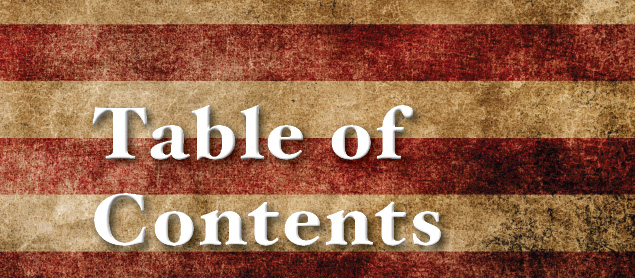
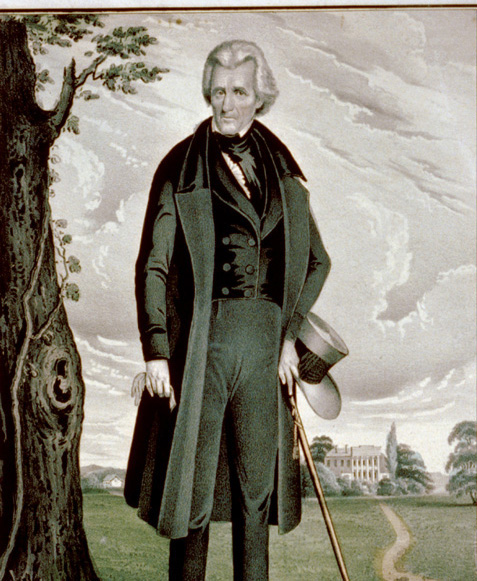
Portrait of General Andrew Jackson. Library of Congress Prints and Photographs Division
A ndrew Jacksons road to the United States presidency was a bumpy one, to say the least. A difficult childhood and limited schooling were among the early hurdles Jackson overcame. Professionally, he faced political infighting, party favoritism, and the stigma of being a nontraditional candidate from Tennessee, which at the time of his election in 1828 was considered a Western state. Through all this Jackson persevered and, as this book details, became a pivotal president in the process.
In many ways, Jacksons childhood unfolded like a tragic work of fiction. He and his two brothers were raised in South Carolina by a single mother, Elizabeth, who was widowed shortly before Andrews birth in 1767. Elizabeth is believed to have worked as her sisters housekeeper to support her children. The familys lives were further upended by the American Revolutionary War. After the eldest son was killed in battle, his young brothersAndrew was only 13 at the timejoined the colonial militia. Captured by British forces in 1781, Andrew and his remaining brother, Robert, were taken prisoner. Their mother eventually won their release, but harsh treatment and smallpox contracted while in prison wound up taking Roberts life. Elizabeth died soon after, leaving young Andrew virtually alone in the world.
The experiences of his early life left Jackson understandably edgy and hot-headed. As an adult, he was known for settling even minor disagreements by challenging opponents to a duel. A controlled version of that fighting spirit served him well as the first congressional representative from the new state of Tennessee, in 1796. The next year he was elected to the U.S. Senate, and later was appointed to the Tennessee supreme court.
His combative nature also proved useful when he was asked to take up arms against the British once again, during the War of 1812. An officer in the Tennessee militia, Jackson suppressed a Creek Indian uprising in the South before leading his troops in a victory over the British in the Battle of New Orleans. Jackson also played an important role in the First Seminole War, which hastened the U.S. acquisition of Florida.
Jacksons early life shaped his character and his military service made him a war hero. The latter helped him become president, and the former couldnt help but influence his actions while in office. Jackson made history by being the first president to hail from an area west of the Appalachian Mountains. Furthermore, Jackson did not owe his victory to the support of a well-established political party, which was the traditional means of getting elected. Instead, he won by appealing directly to voters.
During his presidency Jackson faced conflicts with Native American tribes, the threat of secession by South Carolina over tariffs, and soaring inflation. Many would argue that these trouble spots were either created or made worse by Jacksons firm policies. Certainly his administrations refusal to stop the illegal seizure of Cherokee land in Georgiafollowed by the forcible removal of the Indians who resisted orders to leaveleft a permanent stain on Jacksons record. Yet through his stern leadership he managed to carve out a legacy that also included achievements such as increasing the power of the presidency and greatly advancing the development of popular democracy. As a military leader, politician, and president, Andrew Jackson was a fascinating personalityand certainly a key figure in U.S. history.
W ith a humble political background, Andrew Jackson introduced a new type of democracy in the United States when he became the countrys seventh president in 1829. Rather than winning an election through the traditional backing of a strong political party, Jackson triumphed by a direct appeal to a mass of people. He was the first president from the area west of the Appalachians and brought a fresh approach to politics in Washington, D.C.
With a strong will and bold determination, Jackson led the nation with the same rigor that he led his military conquests in the War of 1812 and the First Seminole War, which paved the way for the U.S. annexation of Florida. His fiery disposition commanded the respect of his subordinates, friends, and enemies alike. In the White House, Jackson overcame a domestic crisis with South Carolina over the nullification of federal laws, drove Native American tribes farther west, vetoed the federal bank charter to eliminate banking corruption, and influenced the growth of the Democratic party that stimulated the revival of two-party politics.


